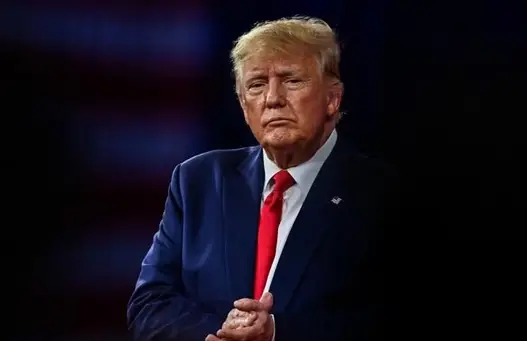In a recent development, the former U.S. President has challenged a groundbreaking decision by Maine’s Secretary of State to exclude him from the state’s Republican primary ballot. This move comes in the wake of his alleged involvement in the events of January 6, 2021, at the U.S. Capitol.
Maine’s Secretary of State, a member of the Democratic Party, made a historic decision using the infrequently invoked Section 3 of the 14th Amendment. This clause restricts individuals who have participated in insurrection from holding public office. The decision, which marks a first in American political history, is now subject to an appeal at the Maine Supreme Court.
The controversy began when a number of Maine residents, including a bipartisan assembly of past legislators, contested the former president’s eligibility for the ballot. In response, his legal team has called for the disqualification of the Secretary of State from the case, citing alleged bias demonstrated in her social media posts where she referred to the Capitol incident as an “insurrection” and expressed disappointment over the former president’s acquittal by the Senate following his impeachment by the House.
The Republican Party in Maine has been vocal in its opposition to the Secretary of State’s decision, expressing their determination to overturn it and ensure the former president’s inclusion on the ballot. They have been actively preparing for the Supreme Court case, asserting that the voices of the state’s citizens will be heard despite what they deem partisan tactics.
In compliance with Maine law, a public hearing was conducted on this issue, during which both parties were allowed to present further arguments. This followed a landmark ruling by the Colorado Supreme Court in December, which also barred the former president from the ballot under the same constitutional provision. This ruling is anticipated to be challenged at the U.S. Supreme Court, which has yet to rule on this particular section of the amendment.
The situation in Maine reflects a broader national trend, with similar efforts underway in other states to disqualify the former president from primary ballots under the same constitutional grounds. The ultimate resolution of these disputes, particularly the nationwide eligibility of the former president, is expected to be decided by the U.S. Supreme Court.


